Installing air conditioning can be a significant investment, but there are several strategies to minimize costs while ensuring efficiency and comfort. Here are some essential cost-saving tips for air conditioning installation and to know how much does air conditioning cost:
1. Choose the Right Size Unit
Selecting the appropriate size of the air conditioning unit is crucial for efficiency and cost-effectiveness. An oversized unit will consume more energy and result in higher utility bills, while an undersized unit will struggle to cool your space efficiently. Consult with HVAC professionals to determine the right size based on your home’s square footage, insulation, and climate.
2. Energy Efficiency Ratings
Opt for air conditioning units with high Energy Efficiency Ratio (EER) or Seasonal Energy Efficiency Ratio (SEER) ratings. These ratings indicate the unit’s efficiency in converting electricity into cooling power. Higher ratings typically result in lower energy consumption and reduced long-term operational costs by knowing how much does air conditioning cost.
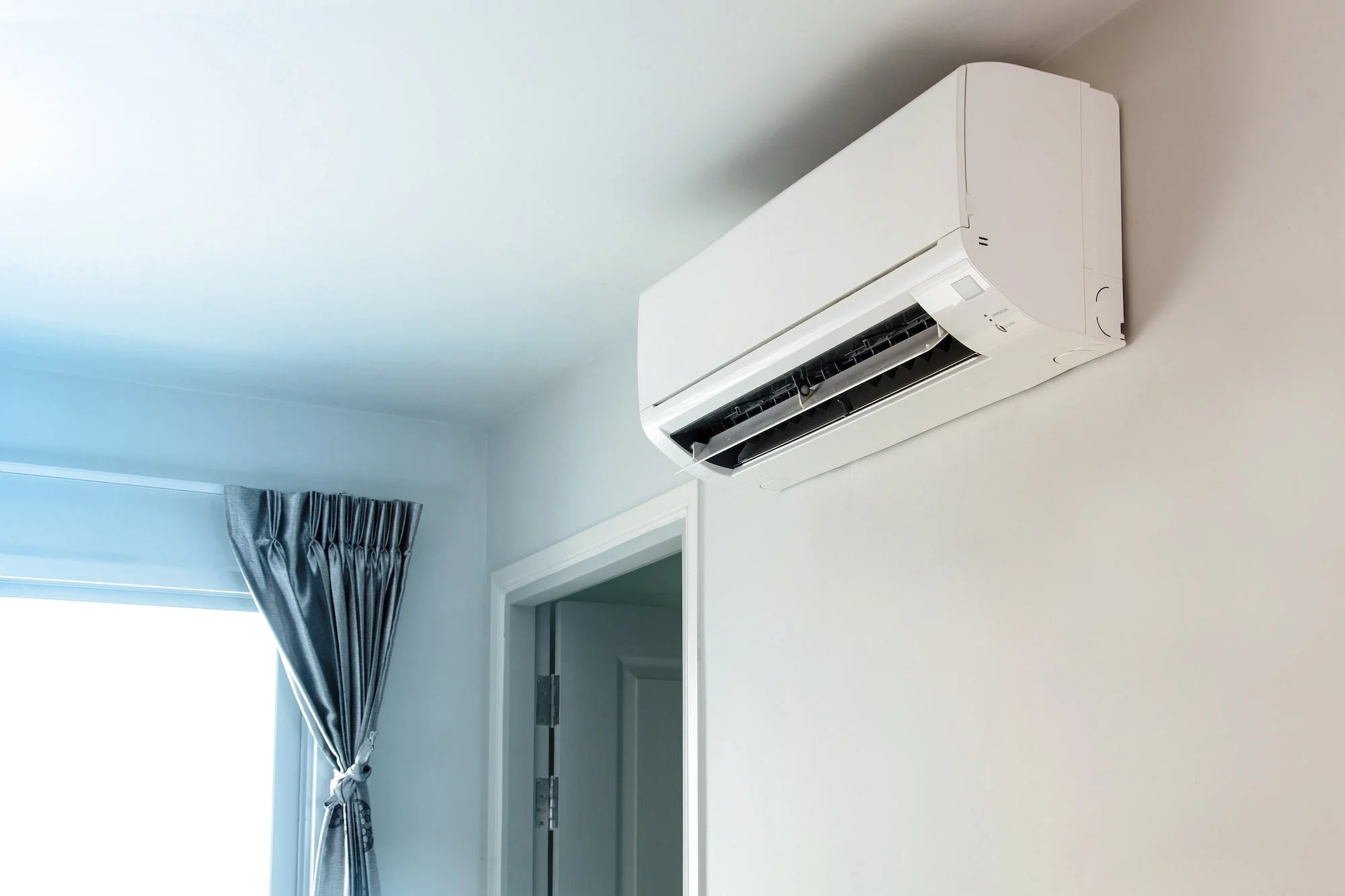
3. Compare Installation Quotes
Obtain multiple quotes from reputable HVAC contractors. Compare not only the cost of installation but also the warranties offered, installation timeline, and customer reviews. Choosing a qualified installer ensures the system is installed correctly, maximizing efficiency and longevity.
4. Consider Ductless Mini-Splits
Ductless mini-split systems are increasingly popular due to their energy efficiency and flexibility. They avoid the energy losses associated with ductwork and allow for zone cooling, which can further reduce energy consumption by cooling only occupied areas of your home.
5. Take Advantage of Rebates and Incentives
Check for available rebates, tax credits, or utility incentives for installing energy-efficient air conditioning systems. Many governments and utility companies offer financial incentives to encourage the use of energy-efficient appliances, which can significantly offset installation costs.
6. Proper Insulation and Sealing
Ensure your home is adequately insulated and sealed to maximize the efficiency of your air conditioning system. Proper insulation reduces heat gain in summer and heat loss in winter, allowing your air conditioner to operate more efficiently and reducing the workload on the unit.
7. Regular Maintenance
Schedule regular maintenance for your air conditioning system to keep it running efficiently. Simple tasks such as cleaning or replacing filters, clearing debris around outdoor units, and annual professional inspections can improve efficiency and extend the lifespan of your system, reducing long-term maintenance costs.

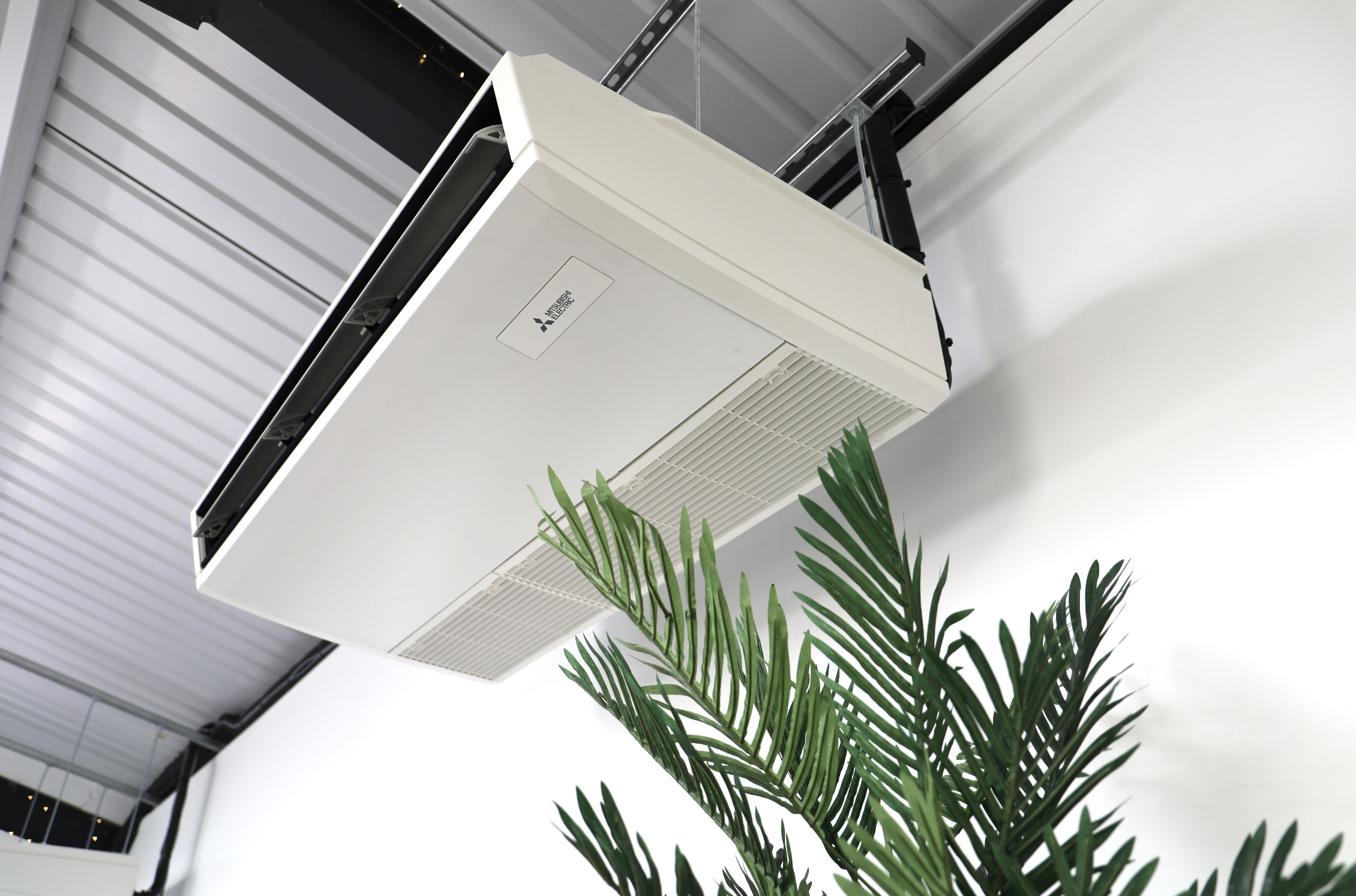




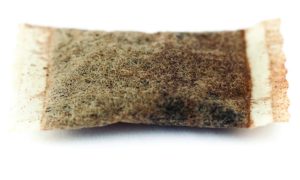


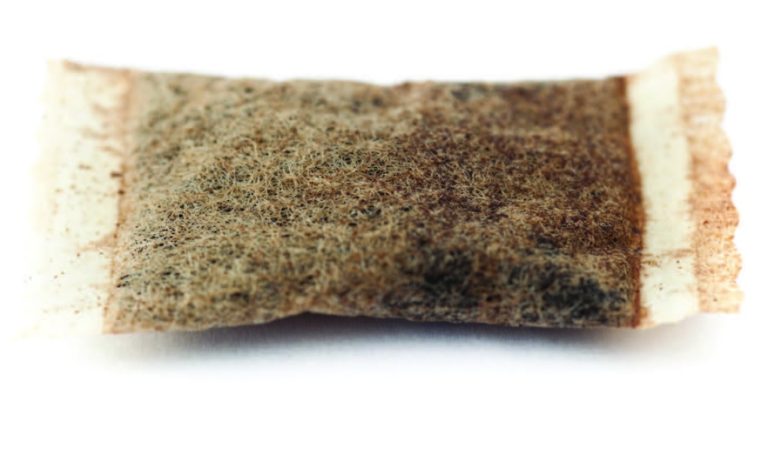
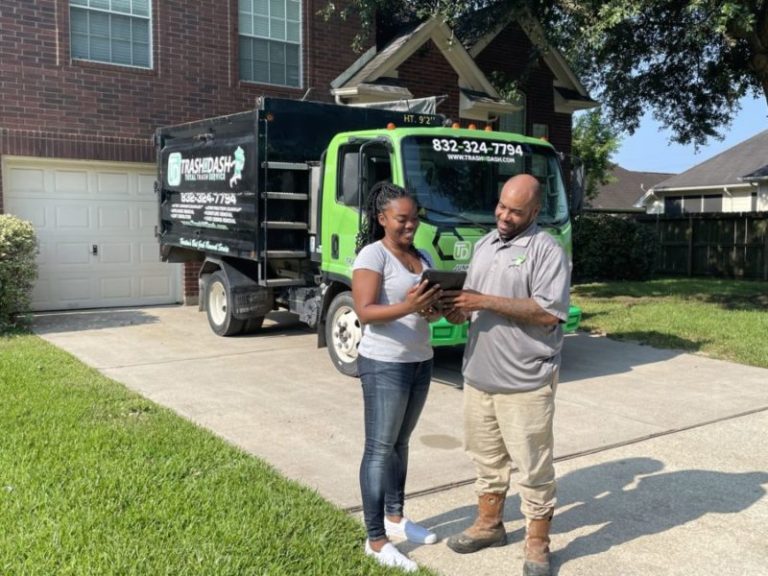


+ There are no comments
Add yours